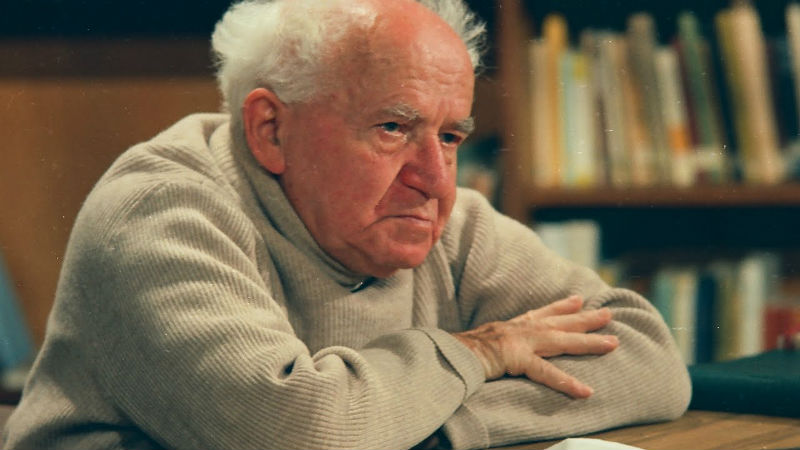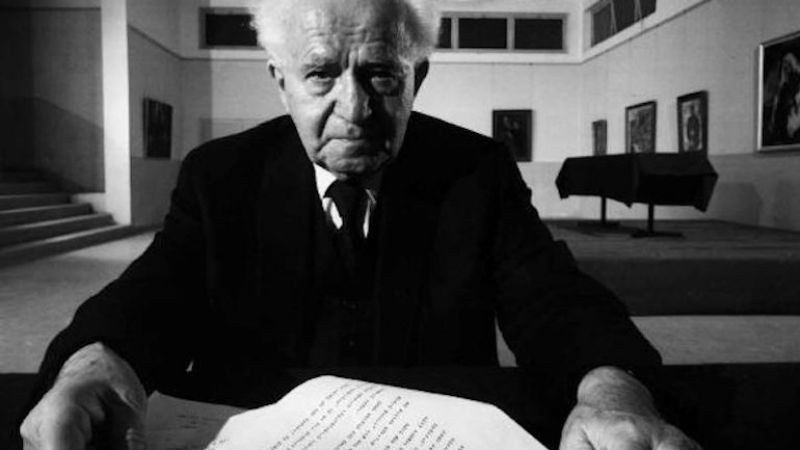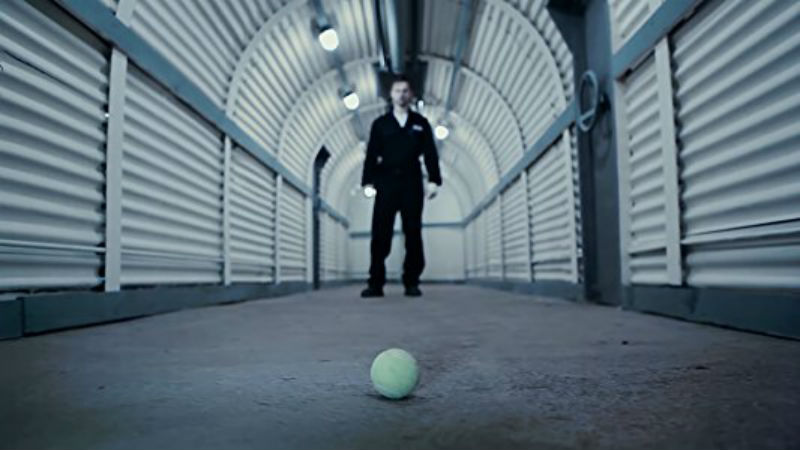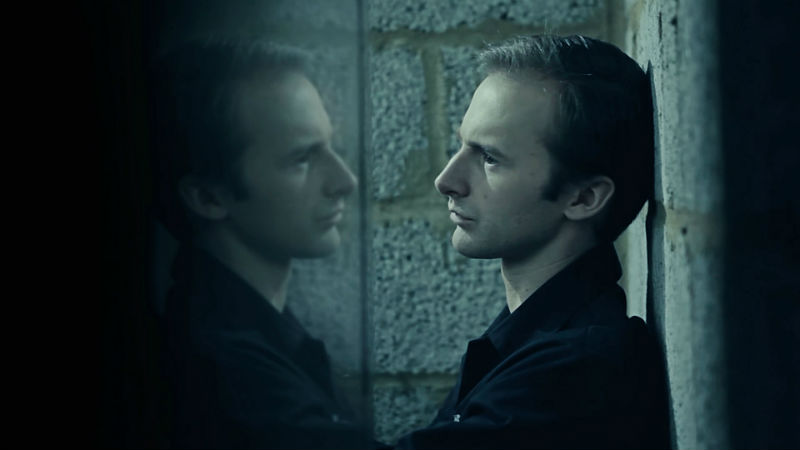Argentinian cinema has a strong identity of its own, and Trapero’s Carancho is no exception. The highly prolific young director (he’s just 45 and already with 17 films under his belt) this time created a somber and gripping story of love and violence set against the backdrop of ambulances, A&E departments and the dark streets of Buenos Aires, almost invariably at night. A very well-executed modern-day Argentinian film noir is a fitting description for this flick.
Sosa (cinema veteran Ricardo Darín) is a lawyer recently expelled from the bar chambers, who now works as an ambulance chaser – known as “carancho” in Argentina. He exhaustively tours public hospitals and the police stations in search of potential clients for his law firm of very questionable morals and ethics. This is where he meets Luján (Martina Gusmán), a young and hard-working doctor trying to get an internship as a surgeon. The two start a romantic relationship, but their lives are suddenly under threat as Sosa attempts to leave his barely legal labour. His efforts to break away from his past turn out to be increasingly counter-productive. Sosa’s former bosses attempt to reach Luján in order to exact revenge on Sosa. Gangsters say that they want to “beat sense into them”, in a typical reversal of values.
Carancho is a gloomy gangster tale of love and vengeance, where violence is the de facto currency. There is plenty of very graphic violence both within the hospital corridors and the private lives of the characters in the movie. The sparsely-lit, bleak and distant takes, with very few close-ups – almost Brechtian – render the film uncomfortable and difficult to watch. The performances have depth, ensuring that audiences remain hooked during the 107 minutes of the movie.
The movie examines incongruities in both personal relations and society. Sosa seeks vigour and moral redemption in Luján, while she is looking for emotional support for a very difficult job as an A&E doctor.
There is a very fine line between helping people to seek justice and feeding an exploitative blame culture, where only the lawyers benefit and everyone seems to suffer. The carancho culture is very much alive in the UK, albeit in a different format. Who doesn’t routinely receive phone calls and text messages about accident compensation, even if you’ve never been involved in an accident? These are the more sophisticated caranchos, if equally greedy and irresponsible.
Carancho is showing this Sunday as part of the Argentine Film Festival in London – just click here for more information. The event also includes Pablo Trapero’s latest film The Clan about torturers of the Argentinian military dictatorship – click here in order to read our review.
The film also also available to watch online at Amazon.
You can also watch the film trailer below:
.













